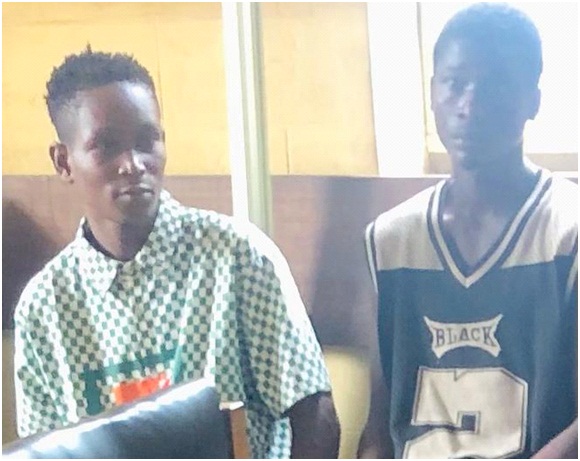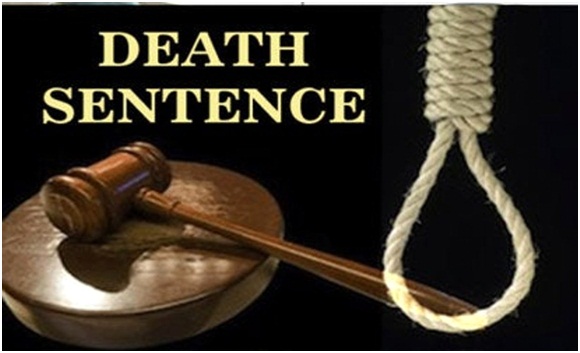Combating Yellow Fever
Combating Yellow Fever
By Dr Faozat Aragbaye
|
Yellow fever is a serious potentially deadly viral disease transmitted by infected mosquitoes. The infection is most common in West, Central and some parts of East Africa and South America with dense forests or jungles.
Causes
Yellow fever is caused by a flavivirus, a single-stranded RNA virus spread by Aedes aegypti mosquito. This mosquito, which also causes Zika and Dengue, is, in fact, called the yellow fever mosquito. The yellow fever virus can also be spread by other mosquitoes, the Aedes africanus in Africa or Haemogogus and Sabethes mosquitoes in South America.
Transmission Cycles
The virus has different transmission cycles: jungle (sylvatic), intermediate (savannah), and urban.
When yellow fever spreads in the jungle, it largely spreads without humans. Instead, it spreads from non-human primates (like monkey) to non-human primates by mosquitoes. People who visit the jungle (say for hunting, mining or tourism) can be infected if bitten by a mosquito.
In the intermediate cycle, yellow fever spreads regularly between monkeys and humans through mosquitoes in areas on the edge of jungle areas. It can spread from monkey to human, monkey to monkey, human to human or human to monkey.
In the urban cycle, yellow fever spreads primarily between people through mosquitoes living in urban areas. It usually starts when an infected person with the virus returns from jungle area. It can lead to sudden and large outbreaks in crowded areas.
Symptoms
For most people, yellow fever causes a mild illness or goes unnoticed. For people who do experience symptoms of yellow fever, there are three stages of illness;
Early infection- occurs three to six days after exposure. The person may experience fever, muscle pains, nausea, vomiting, dizziness and fatigue.
Remission- occurs two to three days later. The fever, if present, drops and symptoms improve. This may last 24 to 48 hours. Most people recover at this point. About 15% of infected with the virus develop severe disease.
Severe disease: Fever, nausea and vomiting occur. New symptoms and signs emerge in serious infections:
* Jaundice: (liver damage), which causes yellowing of the skin and eyes
* Hepatitis: inflammation of the liver
* Internal bleeding: haemorrhaging
* Vomiting blood
* Shock
* Multisystem organ failure leading to death.
About 20% to 50% of those with severe disease may die.
Diagnosis
Diagnosis of yellow fever is based on clinical history of exposure to a mosquito bite in an endemic region; as well as history of symptoms. Few tests can support or confirm the diagnosis of yellow fever.
* Antibody test: This is the most well established test for yellow fever. It takes up to two weeks to get results.
* Viral PCR test: This test detects the genetic material of the virus. The viral RNA is detectable early after infection, but not detectable after several days of infection. PCR test may be negative if there is yellow fever infection.
* Urine test: A relatively new test can detect the viral PCR in the urine, making the diagnosis more practical.
Treatment
There is no specific treatment for yellow fever, because there is no cure for yellow fever. However, the illness can become quite severe, and related complication can require medical care.
Treatment of yellow fever should be supervised and take place in the hospital, not at home. This may include:
* Prevention of bleeding
* Hydration
* Fever control
* Pain management
* Blood pressure management
* Organ failure management
Prevention
Because there is no cure for yellow fever, prevention is critical. Preventive measures include:
* Vaccination- yellow fever vaccine is advised for adults and children over age of 9months travelling to high risk areas. Vaccination should not be given to everyone because of the serious adverse effects.
The following group of people must consult the doctor before vaccination;
* Have compromised immune system such as HIV
* Have cancer or thyroid gland problems
* Have had a treatment that can disrupt immune system
* Have had a life threatening allergic reaction to eggs, chicken,, gelatine, or past yellow fever vaccine.
* Are pregnant or breastfeeding
* Are age 65 or older
* Child younger than 9months.
Other Yellow Fever Prevention Measures
Vaccination is the most important measure, but there are other valuable recommendations:
* Use the right insect repellent for mosquitoes on exposed skin.
* Cover your arms, hands, legs and head to protect from bites
* Use mosquito repellent containing permethrin on the outside of clothing, mosquito netting and other gear
* Use screens on windows, and doors and mosquito netting over beds, to keep mosquitoes away.
* Avoid the outdoors during peak mosquito hours
* Keep accurate records of international travel dates, locations and outdoor activities.










